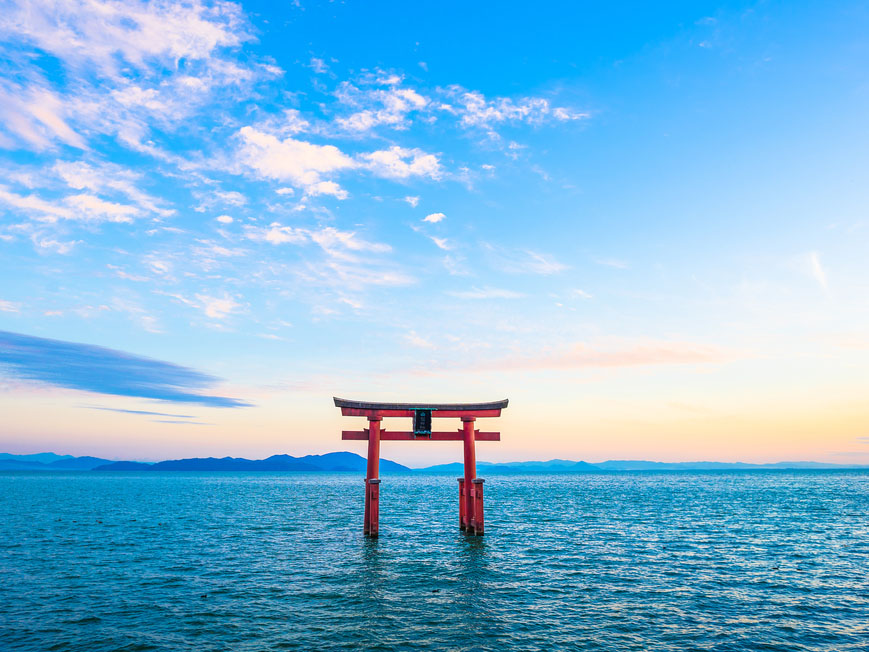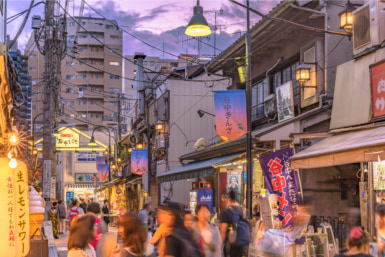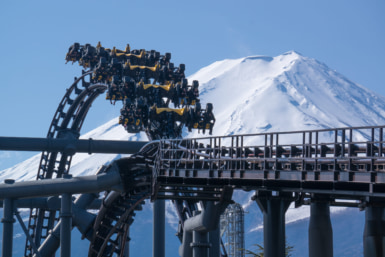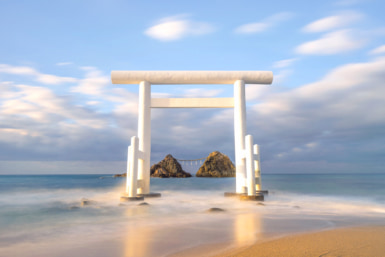If you take a trip to Shiga Prefecture, it could be many things: it could be relaxing, it could be sporting, or it could be a spiritual journey akin to that of monk, Ikkyu, the most well-known zen master in Japan, who had his moment of enlightenment on Lake Biwa. Ikkyu’s wit, wisdom, artistry and forthright attitude caught the imagination of the Japanese people and he has become a folk hero of whom the area is extremely proud. Today, there’s even a Japanese children’s cartoon about his adventures.
The Allure of Lake Biwa
Lake Biwa is the largest freshwater lake in Japan, and one of the country’s greatest water resources. It supplies municipal and industrial water to some 14 million residents around and downstream of the lake, and dominates a large area – around 670 km sq – northeast of Kyoto, where Ikkyu was born. Because of its proximity to the ancient capital, references to Lake Biwa appear frequently in Japanese literature, particularly in poetry and in historical accounts of battles.
Lake Biwa is thought to be one of the oldest of the 20 “ancient lakes” of the world and can be traced back, in some form, more than four million years, but the present Lake Biwa is considered to have been formed 400,000 years ago.
UNESCO, through its Ramsar Convention, helps with the ecological conservation of some 1,100 species living in and around the lake. This includes a total of 59 endemic species – those unique to Biwa – listed to date, of which nearly a half are mollusks and a quarter fish. Bird watchers and nature enthusiasts will find much to explore around the shore and in the forests and hills which surround Biwa.
Ikkyu’s awakening on Lake Biwa, at midnight on May 20, 1420, was said to have occurred when he heard a crow and said to himself, “I can not see the crow in the darkness, but I know they are there. I can not see Buddha, but he is there in my mind.”
Things to Do at the Lake
That such a universal proverb was “born” on the lake will be encouragement for those of you wishing to take a spiritual journey, but this lake offers something for everyone. Where there’s fresh water, there’s sport and recreation. Many boating clubs and hire companies – even scuba diving facilities – take advantage of the lake, which is now as much famous for recreational tourism as history.
Surrounded by mountains, rivers which feed the lake, thick forest and beaches, the area is rich with opportunities for anything from adventure – seek out the water ski and parasailing clubs – to relaxation by the calming water.
For more information and details of how to get to Lake Biwa, see the official tourist association guide, in English, here.
Words by James K. Toda
Updated On December 26, 2022









